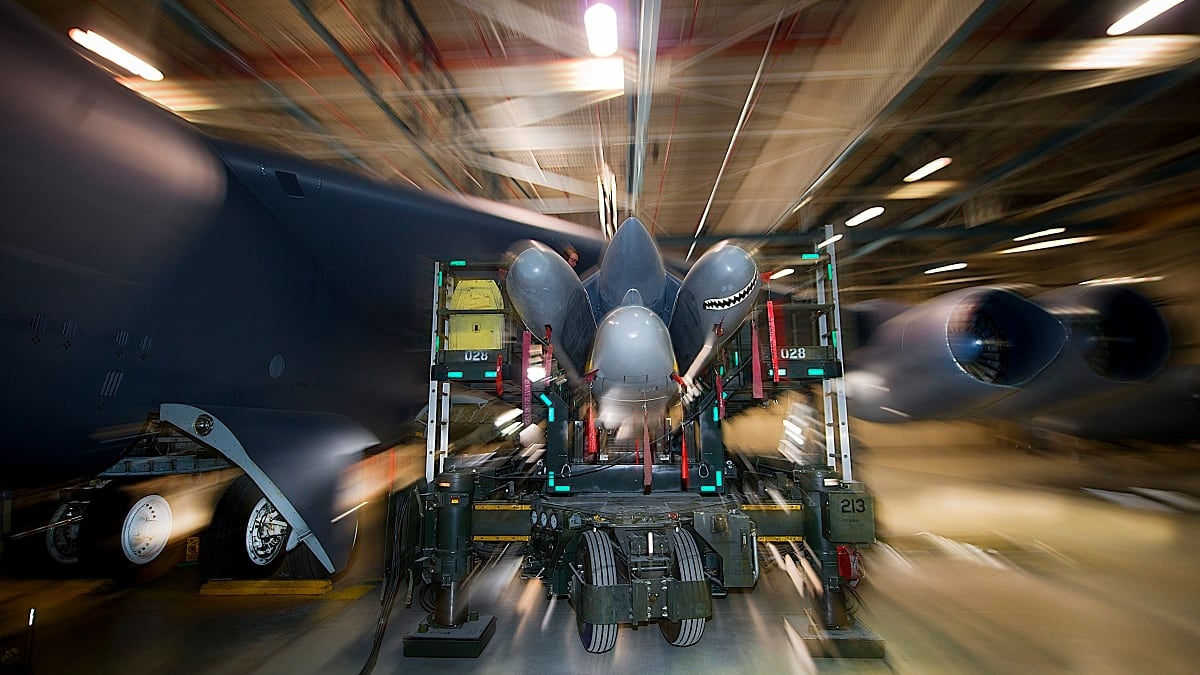WASHINGTON — Charles Verdon will serve as acting administrator for the National Nuclear Security Agency, serving under acting energy secretary David Huizenga as the Biden administration begins.
Huizenga, the new acting energy secretary, had been serving as associate principal deputy administrator for NNSA. He comes from the nonproliferation side of the agency and has experience with DoE’s office of environmental management.
Verdon, who was confirmed in 2018 as head of defense programs at the National Nuclear Security Administration, is one of the few Trump political appointees being kept in a national security position. Previously a career NNSA employee, Verdon has largely avoided politics during his time in office, focusing instead on the technical details behind America’s planned nuclear warhead modernization efforts.
The NNSA is a semi-autonomous agency located within the DoE. While the Pentagon is in charge of developing the planes, submarines and missiles that deliver nuclear weapons, the NNSA is in charge of developing and producing the actual warheads. The department’s fiscal 2021 budget request for nuclear weapons activities was $15.6 billion.
RELATED

The confirmed head of the NNSA, Lisa Gordon-Hagerty, was pushed out in early November following repeated clashes with Energy Secretary Dan Brouillette. Her replacement, William Bookless, resigned as the administration switched over.
While Biden’s pick of Jennifer Granholm to run the department is likely to have a confirmation hearing soon, it is unclear how long Verdon — or Huizenga, if he is pushed down from the energy secretary role — may be in office. While nuclear modernization is a priority for the Pentagon, the NNSA is a lower-profile agency, and with a number of key spots to fill across the government it could take weeks or months before a nominee is named and the confirmation process begins.
Given that, it is likely an acting secretary will have to guide the NNSA through its budget development process, a complicated, and politically fraught, situation involving input from the Defense Department as well as multiple congressional committees.
During a Tuesday confirmation hearing, Lloyd Austin, the retired Army general who is Joe Biden’s pick for defense secretary, showed support for the nuclear triad, but stopped short of endorsing the current full modernization plan.
“I believe that the triad has served us well in the past and I certainly believe that it will continue to do so going forward. And, I personally support the triad,” Austin said, but when asked about specific modernization programs, he repeatedly said he needed to discuss the issue with Pentagon experts.
Aaron Mehta was deputy editor and senior Pentagon correspondent for Defense News, covering policy, strategy and acquisition at the highest levels of the Defense Department and its international partners.







